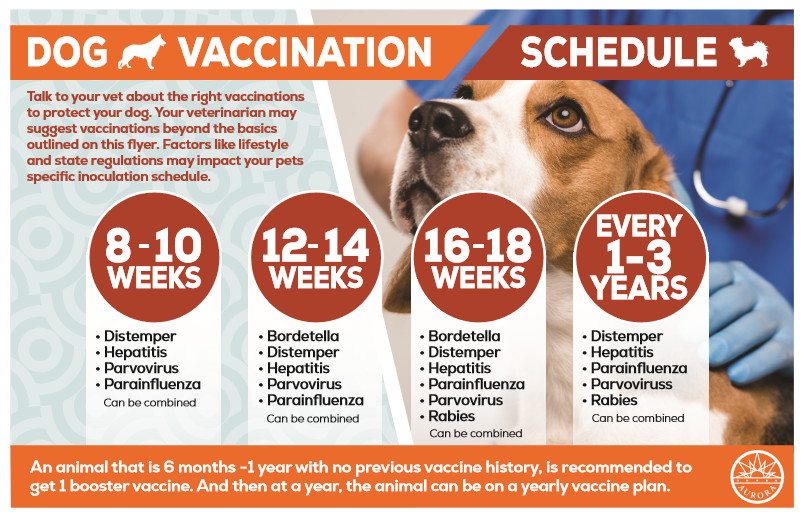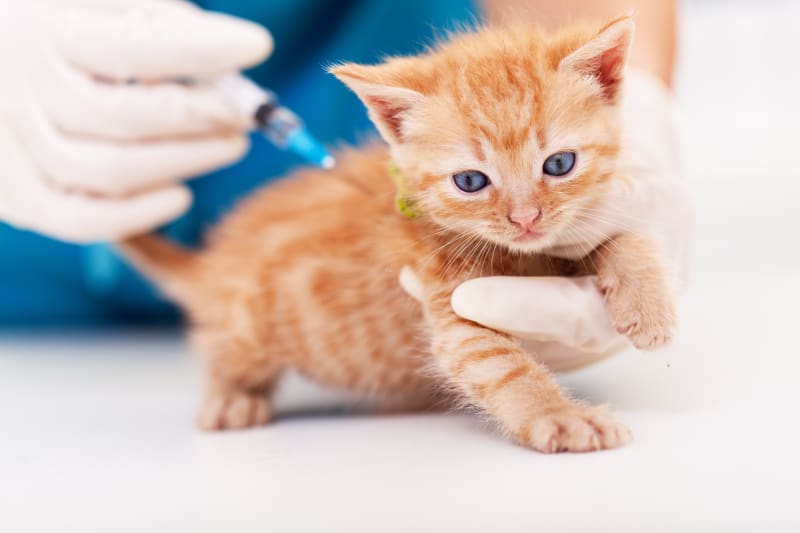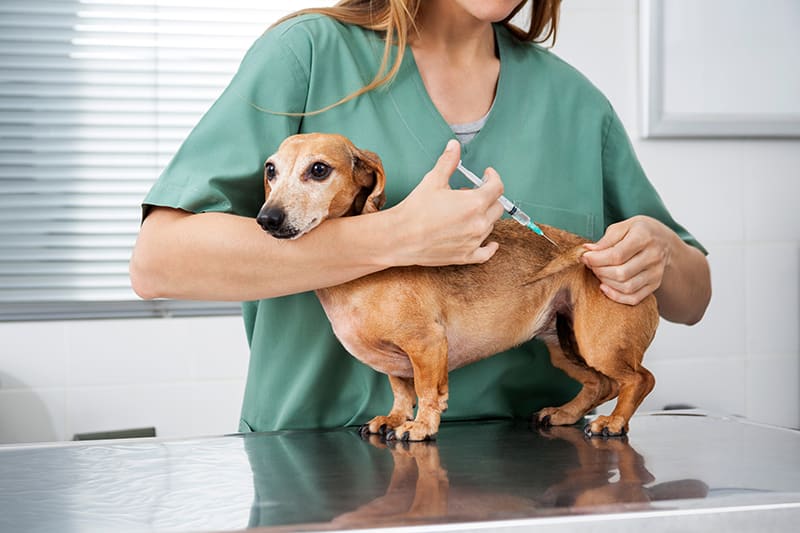Understanding Vaccination Schedules for Pets

Published on: 31/03/2025
Vaccinations are a crucial part of preventative pet care, protecting your furry friend from deadly diseases. But with different vaccines, booster shots, and schedules, it can be confusing to know when and what vaccines your pet needs.
In this guide, we’ll break down the essential pet vaccines, recommended schedules for puppies, kittens, and adult pets, and why staying up to date is important.
1. Why Are Pet Vaccines Important?
Vaccines help your pet’s immune system fight off infections before they become life-threatening. They prevent contagious diseases, some of which can be passed to humans (zoonotic diseases).
📷 [Insert an image of a veterinarian giving a vaccine to a dog]
Key Benefits of Pet Vaccinations:
✔️ Prevent deadly diseases like rabies and parvovirus.
✔️ Protect other pets by reducing the spread of infections.
✔️ Save money on expensive treatments for preventable illnesses.
2. Core vs. Non-Core Vaccines
Veterinarians classify vaccines into two categories:
✔️ Core Vaccines (Essential for Every Pet)
These protect against severe, highly contagious, or zoonotic diseases and are required by law in many areas.
For Dogs:
-
Rabies 🏥 (Required by law)
-
Distemper
-
Parvovirus
-
Hepatitis
For Cats:
-
Rabies 🏥 (Required by law)
-
Feline distemper (FVRCP)
-
Feline calicivirus
-
Feline herpesvirus
✔️ Non-Core Vaccines (Optional, Based on Lifestyle & Risk)
These are recommended based on your pet’s exposure to specific risks (e.g., outdoor pets, dog parks, boarding).
For Dogs:
-
Bordetella (Kennel Cough)
-
Canine Influenza
-
Leptospirosis
-
Lyme Disease
For Cats:
-
Feline Leukemia Virus (FeLV)
-
Feline Immunodeficiency Virus (FIV)
:strip_icc()/vaccines-for-dogs-3384664_color-2549d699cbaa453cbc7f2586c40159cb.jpg)
3. Puppy & Kitten Vaccination Schedule
Young pets need a series of vaccines to build immunity properly.
🐶 Puppy Vaccination Schedule
| Age | Vaccine |
|---|---|
| 6-8 weeks | Distemper, Parvovirus |
| 10-12 weeks | DHPP (Distemper, Hepatitis, Parainfluenza, Parvovirus) |
| 12-16 weeks | Rabies |
| 14-16 weeks | Leptospirosis (if needed) |
| 6-12 months | Booster shots |
🐱 Kitten Vaccination Schedule
| Age | Vaccine |
|---|---|
| 6-8 weeks | FVRCP (Feline Viral Rhinotracheitis, Calicivirus, Panleukopenia) |
| 10-12 weeks | FVRCP booster |
| 12-16 weeks | Rabies |
| 14-16 weeks | Feline Leukemia (if needed) |
| 6-12 months | Booster shots |

4. Adult Pet Vaccine Schedule
Once your pet reaches adulthood, they still need regular booster shots to maintain immunity.
🐶 Adult Dog Vaccination Schedule (1+ Years)
-
Core vaccines: Every 1-3 years
-
Rabies: Every 1-3 years (as required by law)
-
Bordetella (Kennel Cough): Annually (if social)
🐱 Adult Cat Vaccination Schedule (1+ Years)
-
Core vaccines: Every 1-3 years
-
Rabies: Every 1-3 years (as required by law)
-
Feline Leukemia: Annually (if outdoor)

5. What Happens If You Miss a Vaccine?
Missing a vaccine doesn’t mean immediate danger, but it’s important to catch up as soon as possible.
If your pet is overdue:
✔️ Consult your vet—they may recommend a restart of certain vaccine series.
✔️ Stay on schedule to avoid lapses in protection.
✔️ Some vaccines require re-booster shots if the gap is too long.
6. Common Myths About Pet Vaccinations
🚫 “Indoor pets don’t need vaccines.”
✅ Even indoor pets can be exposed to diseases through humans, other pets, or pests.
🚫 “Vaccines cause serious side effects.”
✅ Most pets experience mild symptoms like soreness or sleepiness, but serious reactions are extremely rare.
🚫 “Pets only need shots once in their lifetime.”
✅ Immunity wanes over time, and booster shots keep protection strong.

Final Thoughts
Staying up to date with your pet’s vaccination schedule is one of the best ways to ensure a long, healthy life. Always consult your vet to tailor a vaccination plan based on your pet’s lifestyle and risk factors.
📢 When was your pet’s last vaccination? Let us know in the comments!







